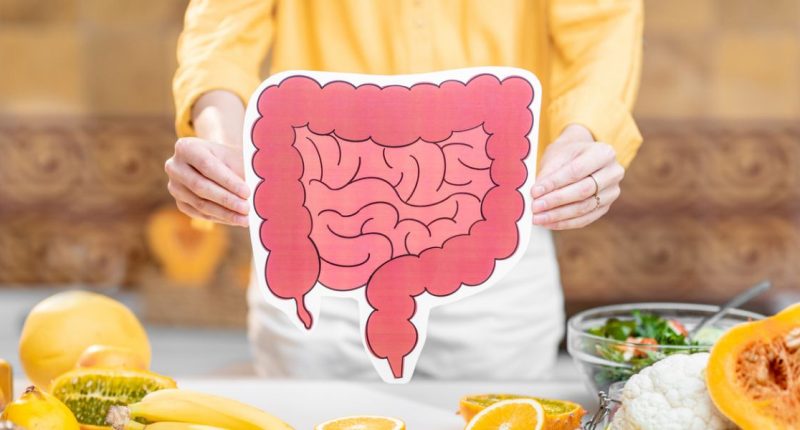New research highlights how different dairy products influence gut health, with milk promoting beneficial bacteria and cheese altering microbial balance in the colon.
The study, published in Nutrients, examined how dairy consumption affects the gut microbiome and its potential health implications. The human gut is home to trillions of bacteria that play a crucial role in digestion, immunity, and even mental well-being.
While diet is a major factor in shaping gut microbiota, the impact of dairy remains a topic of debate.
Dairy provides essential nutrients like calcium and probiotics, but research has produced mixed findings on whether it benefits or disrupts gut health.
Some studies suggest dairy fosters beneficial bacteria, while others raise concerns about possible inflammatory effects.
- Liver disease identified by microbiome signatures
- High coffee intake can influence makeup of gut biome
- Food choices shape your gut microbiome
Given how widely dairy is consumed, understanding its specific influence on gut microbiota is key to informing dietary recommendations.
To explore this, researchers in the United States conducted a study involving 34 participants who had recently undergone a colonoscopy at the Michael E. DeBakey Veterans Affairs Medical Center in Houston, Texas.
The participants’ dairy intake over the past year was assessed through a validated food frequency questionnaire, while microbial composition was analysed using colonic mucosal biopsies.
The study excluded individuals with inflammatory bowel disease, recent antibiotic use, or major dietary changes to ensure a controlled assessment.
Using advanced sequencing techniques, researchers examined bacterial diversity and composition, adjusting for factors like age, body mass index (BMI), smoking habits, and overall dietary quality.
The results showed that higher milk consumption was linked to increased microbial diversity, which is often associated with better gut health.
Specifically, those who drank more milk had greater levels of Faecalibacterium, a bacterium known for its anti-inflammatory properties, and Akkermansia, which supports gut barrier function and metabolic health.
Interestingly, the connection between Akkermansia and milk intake weakened when researchers adjusted for lactose intake, suggesting that lactose or other components in milk may act as prebiotics.
In contrast, cheese consumption had a different effect. Participants who ate more cheese had lower microbial diversity and a reduced presence of Bacteroides and Subdoligranulum.
While Bacteroides have been linked to colorectal cancer, lower levels of Subdoligranulum have been associated with metabolic disorders, indicating that cheese may influence gut health in a more complex way.
The differences in how milk and cheese affect gut bacteria may be due to variations in their nutrient composition and fermentation processes.
Milk, rich in lactose, may encourage the growth of beneficial bacteria, whereas cheese, which undergoes fermentation, may interact differently with gut microbes.
Interestingly, the study did not find a strong link between yogurt consumption and gut microbiota, likely due to low yogurt intake among participants.
This suggests that the impact of dairy on gut health may depend not just on the type of product but also on the quantity consumed.
- Microbiome: small changes in sleep patterns linked to harmful gut bacteria
- Study shows gut microbiome can trigger arthritis
- Future obesity risk detectable through toddlers’ microbiome
These findings reinforce the idea that dairy can significantly influence gut microbiota, with milk generally promoting beneficial bacteria and cheese affecting microbial balance in a different way.
While the study provides valuable insights, it had some limitations, including a small sample size and a participant group that was predominantly older and male. The reliance on self-reported dietary intake also leaves room for variability.
Despite these limitations, the research contributes to a growing understanding of how dairy shapes gut health.
Future studies using more advanced genetic analysis could offer a clearer picture of how specific dairy components influence microbial functions over time.
This knowledge could help refine dietary guidelines and inform personalised nutrition strategies that support digestive and overall health.







